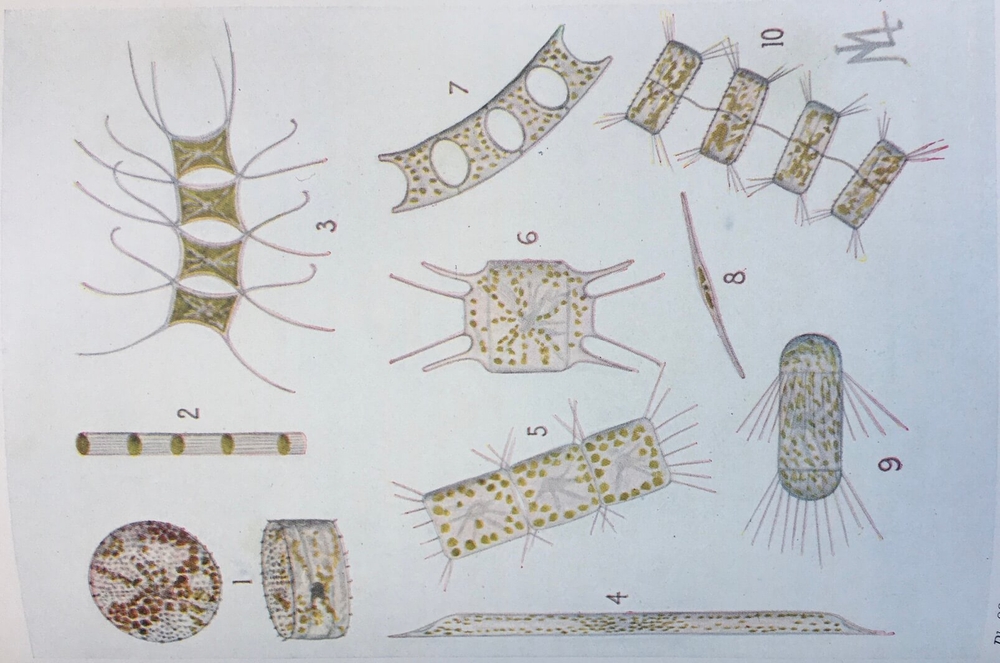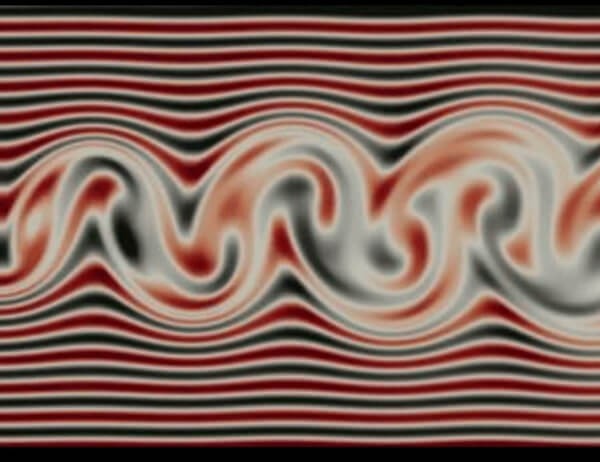Finding the interconnections within the ecological infrastructures these three artists’ work traverses.
Pasha Clothier:
Rewriting the history of knowledge in five minutes. Just in case you don’t already know, it is now clear that Moana navigators were aware of fluid dynamics principles centuries before Chaos Theorists, reached South America by 1150 CE, held an interconnected world view 790 years before such ideas were discussed in the West, were explorers who went to the furthest locations first, and were aware of diffractive wave patterning in the 12th century. These assertions are based on a combination of DNA record and radio carbon dating. We have to rewrite the history of knowledge.
Rewa Wright – Plant Blindness
In this short provocation, I consider the question of human evolutionary limitations in the human brain, and, going against this biological limit, how Indigenous cultures worldwide have maintained a more-than-human link with plants as nonhuman partners. As well, I consider a potential slippage between the scientific term Anthropocene and the speculative stage that we might term Anthropo(s)cene. On the stage of the Anthropo(s)cene, where human visibility is inflected with the gradual becoming-invisible of flora and fauna, affords a pertinent time to consider our plant kin. Being subatomic and microscopic, plant cellular processes are notoriously hard to observe, yet we can broadly trace their movements through monitoring the currents and signals plants give off as they live.
Tracey Benson – Invasive
The project builds on the existing “Journey of the Ancients” work by Tracey and Josiah which brings together storytelling, connections to place, ancestry, migration and DNA to creatively explore how technology can be used to inform, educate and engage audiences. The goal of the Invasive project is to explore a range of data and scenarios to create a range of experiences including virtual and augmented reality, installations and exhibitions which focus on the role of science communications as well as an aesthetic exploration of possible forms. It also is an opportunity to build on workshop methodologies being developed that explore how to engage and activate participants to be more aware of issues and make changes in behaviour which support healthy ecosystems.

